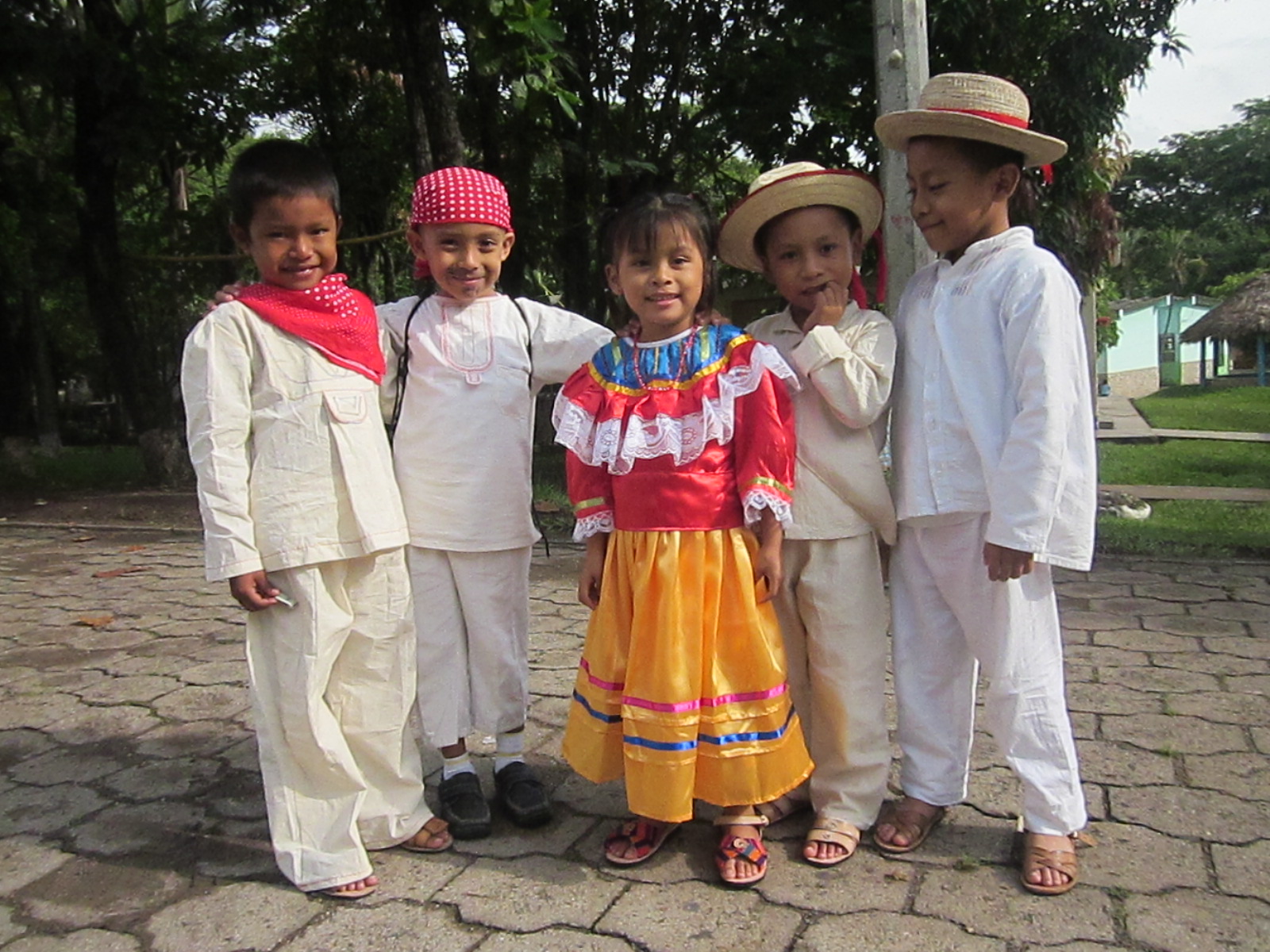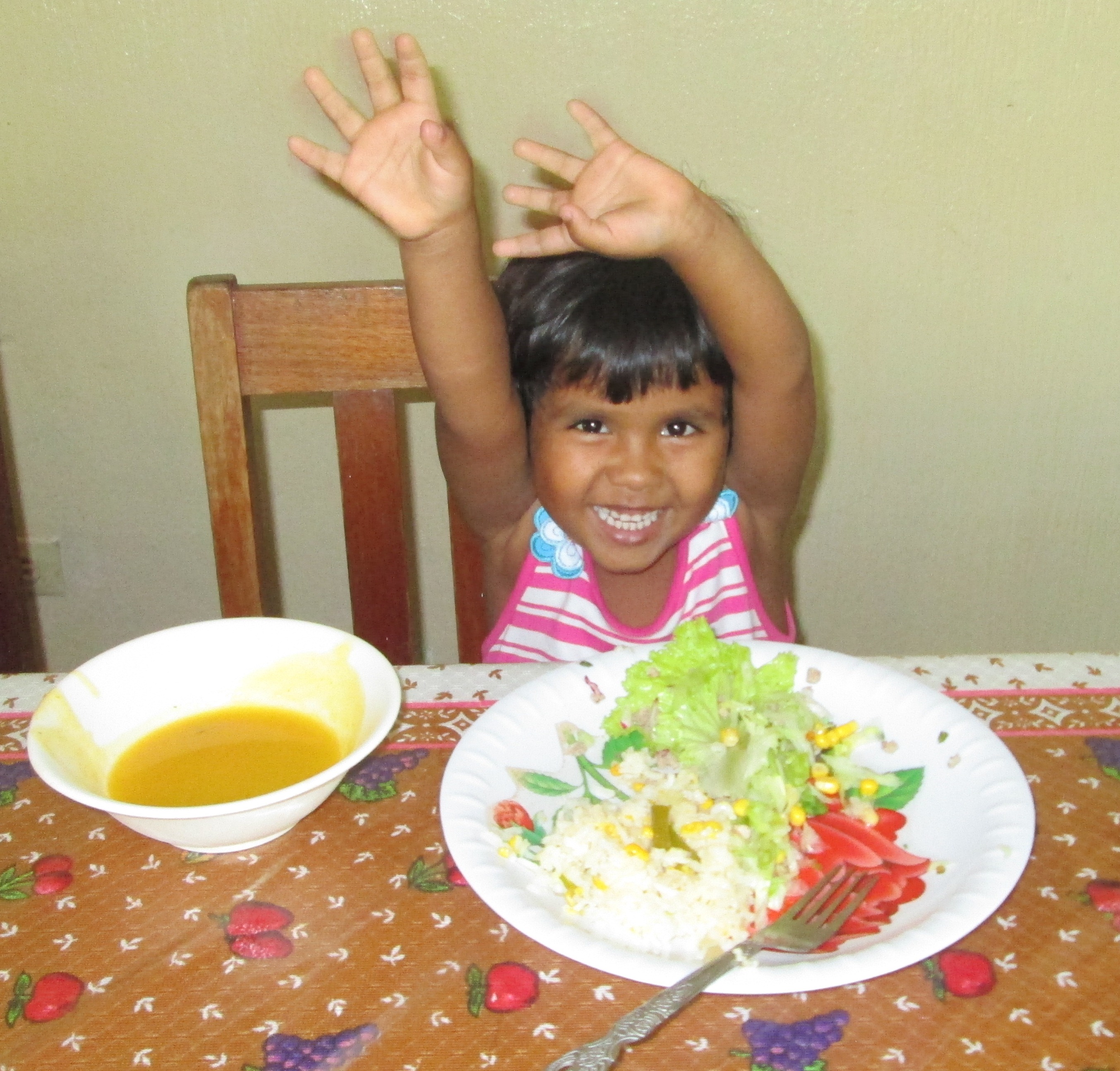Life as a subsistence farmer is becoming increasingly difficult
_1.jpg?width=800)
The eastern regions of Guatemala have traditionally been the poorest in the country and have the lowest Human Development Index, which takes into account life expectancy, literacy, education and standard of living. In recent years, some government welfare programmes have finally reached the region, but improvements are not yet fully visible. To make matters worse, droughts and declining global coffee prices mean that many families have lost their income. This affects food security, and the number of malnourished children and women has increased significantly.
Many children from the region who have lost parental care and come to live in the SOS Children’s Village are severely malnourished, some even on the brink of death, when they first arrive. Sadly, starvation is not unheard of in Jocotán. Malnutrition, dysentery, diarrhoea and dengue fever continue to be the main causes of death in the department.
A secure home can provide the confidence for a brighter future
Many children, especially girls, drop out of school and illiteracy is high at over 45 per cent. In rural areas, schools are often not available and families cannot afford to let their children travel to the nearest one. This means that many children enjoy only a few years of schooling before returning to help with farm work. Girls are still very much expected to take on traditional roles as mothers and housewives, making them highly dependent on other family members.
The work of SOS Children’s Villages here in Jocotán focuses, on the one hand, on taking care of children whose parents are no longer able to provide for them. Sometimes parents have problems such as alcoholism or illness, and in the worst cases children are abandoned because the parents are unable to cope; these children need a loving home. Our second aim is to support young people as they make the transition from childhood into adulthood.
What we do in Jocotán
_1.jpg?width=800)
When young people from the children’s village are ready to move out of the family home in order to pursue further education or vocational training, the SOS Youth Programme provides shared accommodation. With the support of qualified counsellors, the young people can learn to take responsibility, plan their future and prepare for independent adult life.